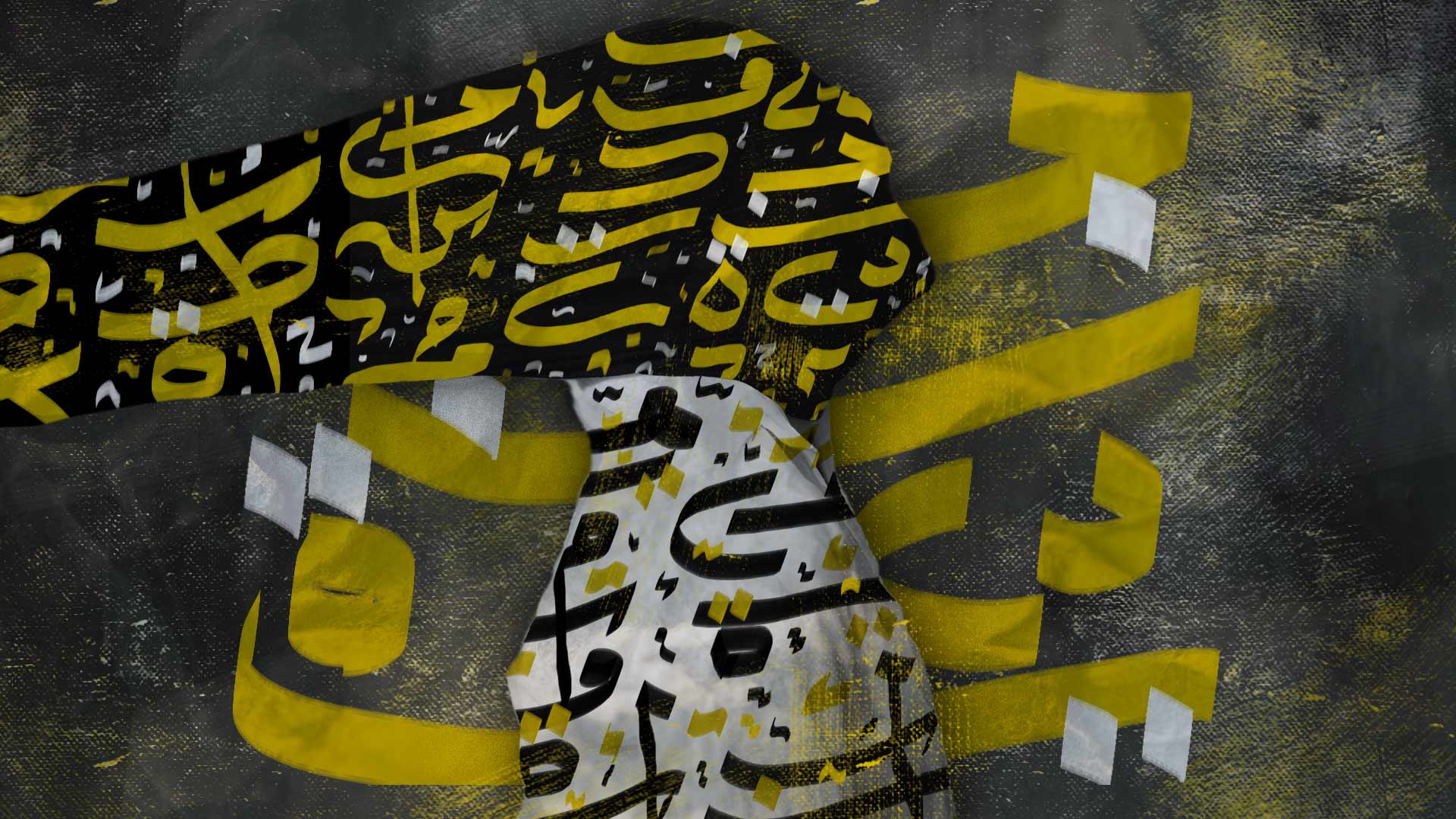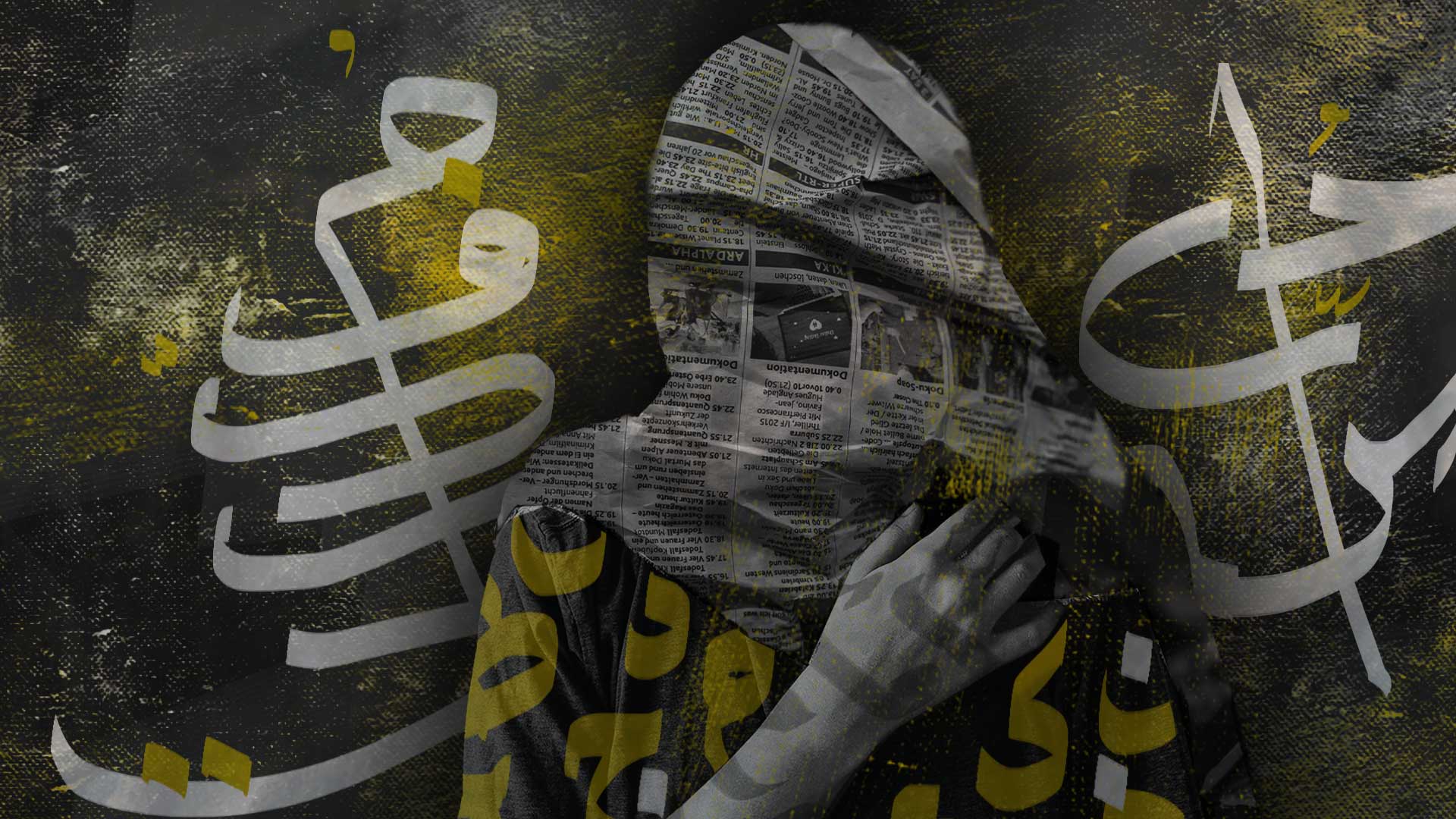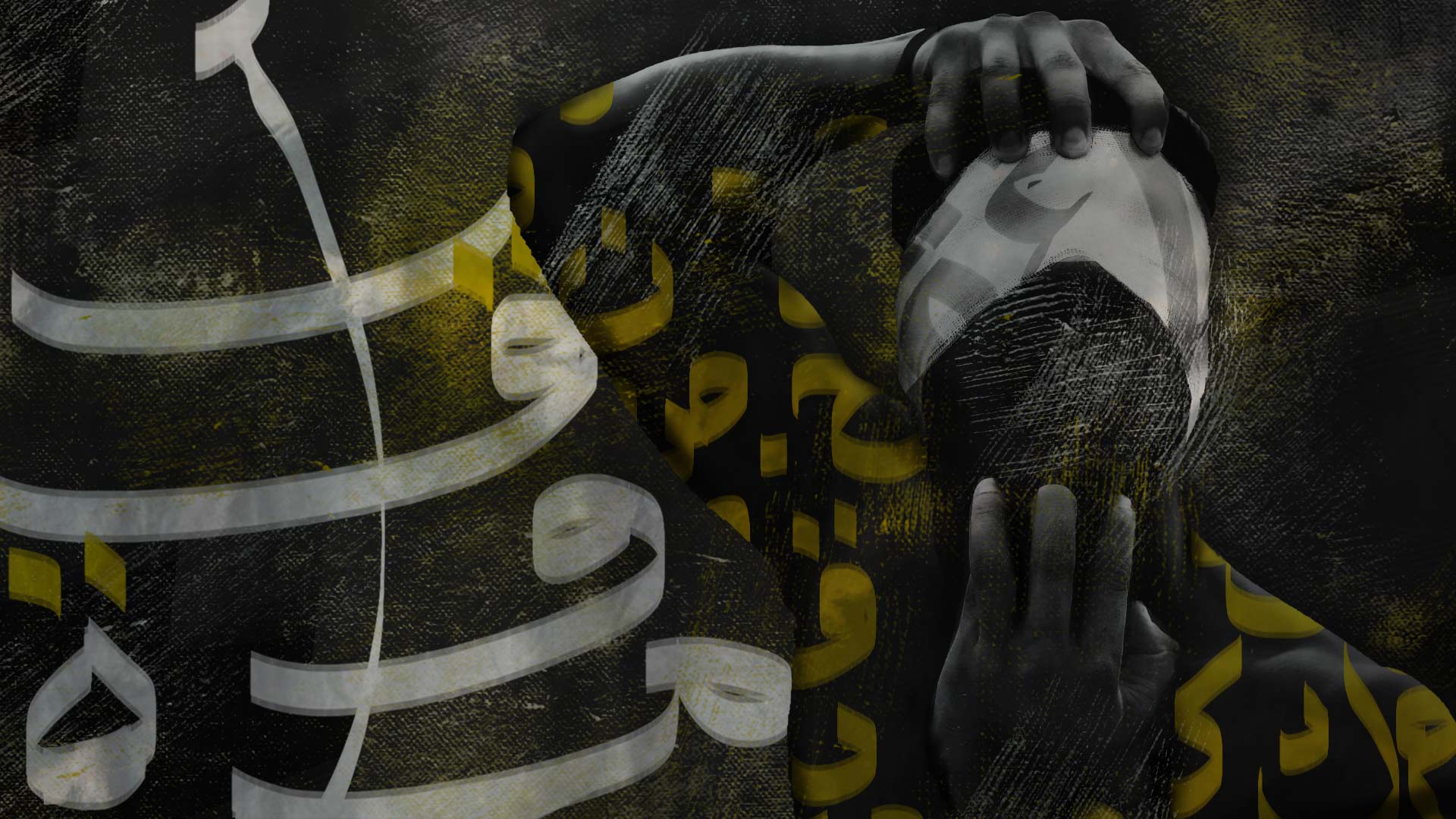| EPISODE 1
Absent in Language: Absent in Mind
Created by
Inkyfada Podcast
Directing
Hazar Abidi
Recording, montage and mixing
Oussema Gaidi
Editing
Maher Dhahbi
Illustration
Tayma Ben Ahmed
December 2019, a group of journalists and feminists from the Arabic-speaking region meet at the offices of Inkyfada to reflect upon and discuss the power dynamics of language, using Arabic as a reference point. By deconstructing the Arabic language, they try to understand how it can be a medium for exerting domination and patriarchal violence.
How can we define power? There are many definitions, but no single one encompasses all of the various forms and meanings that permeate the concept. For example, sociology and psychology define power as being a means of controlling others, as well as the ability of individuals to achieve their goals. Power becomes evident through the ability of individuals or groups to impose their own intentions, values, and preferences on others.
Our guests share their perspectives on the dynamics of language, violence, power and gender, adding historical approaches and anecdotes, both from an Arab-Muslim cultural perspective and through personal experiences.
This guests of this episode are:
Amel Grami, Tunisian researcher and university professor
Monia Ben Hamadi, Tunisian journalist
Nisreen Al-Zahr, Syrian journalist and linguist
Ruaa Al-Tawil, Syrian journalist and activist
Gender in language, from power to resistance
Latest episodes
| EPISODE 2
Inclusivity in the Arabic Language
| EPISODE 3
Language, A Form of Resistance
ABOUT
Inkyfada Podcast is the first platform entirely dedicated to original Tunisian podcasts, and was conceived by Inkyfada media in collaboration with the in-house research and development laboratory, InkyLab. Inkyfada joined the global podcast boom in 2017, when the team produced the first Tunisian audio documentary, diving deep into the belly of the El Kamour struggle taking place in the desert. Since then, Inkyfada Podcast has produced a wide variety of documentaries, investigations, and podcast series, as well as articles accompanied by music; covering a multitude of contemporary issues in order to offer an immersive and alternative podcast experience. Whilst exclusively offering audio content, the Inkyfada Podcast team upholds the same core values and principles of inkyfada.com, and is committed to producing high quality content though a dynamic and meticulous production process. In addition to the permanent team, Inkyfada podcast works closely with various journalists, artists, illustrators, musicians and other content creators in order to diversify the platform and support artistic creativity. These podcasts differ from traditional radiophonic content in that the applied production and editing process is more akin to cinematographic techniques, in addition to being web-based, downloadable and accessible on demand. Additionally, Inkyfada Podcast uniquely offers subtitles in French, Arabic and English for all audio content, the majority of which is recorded in Tunisian or in the preferred language of the speaker in question.






